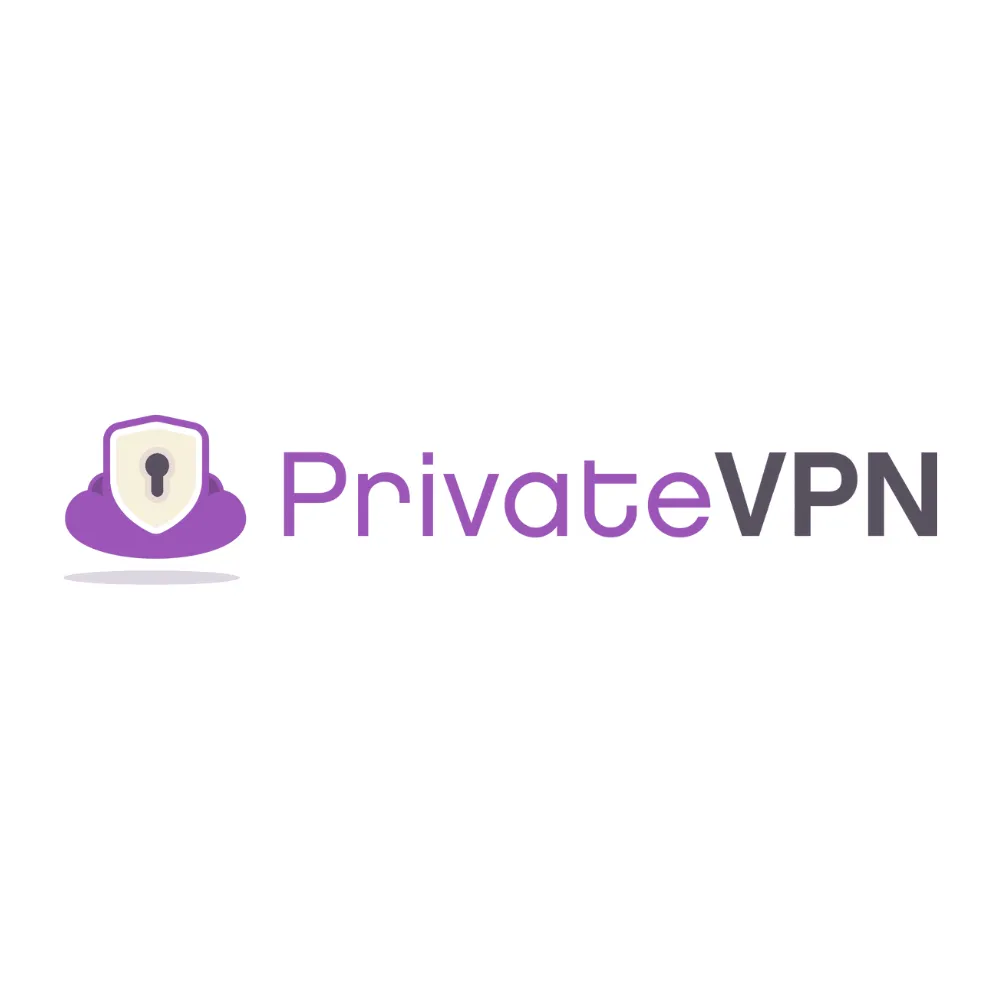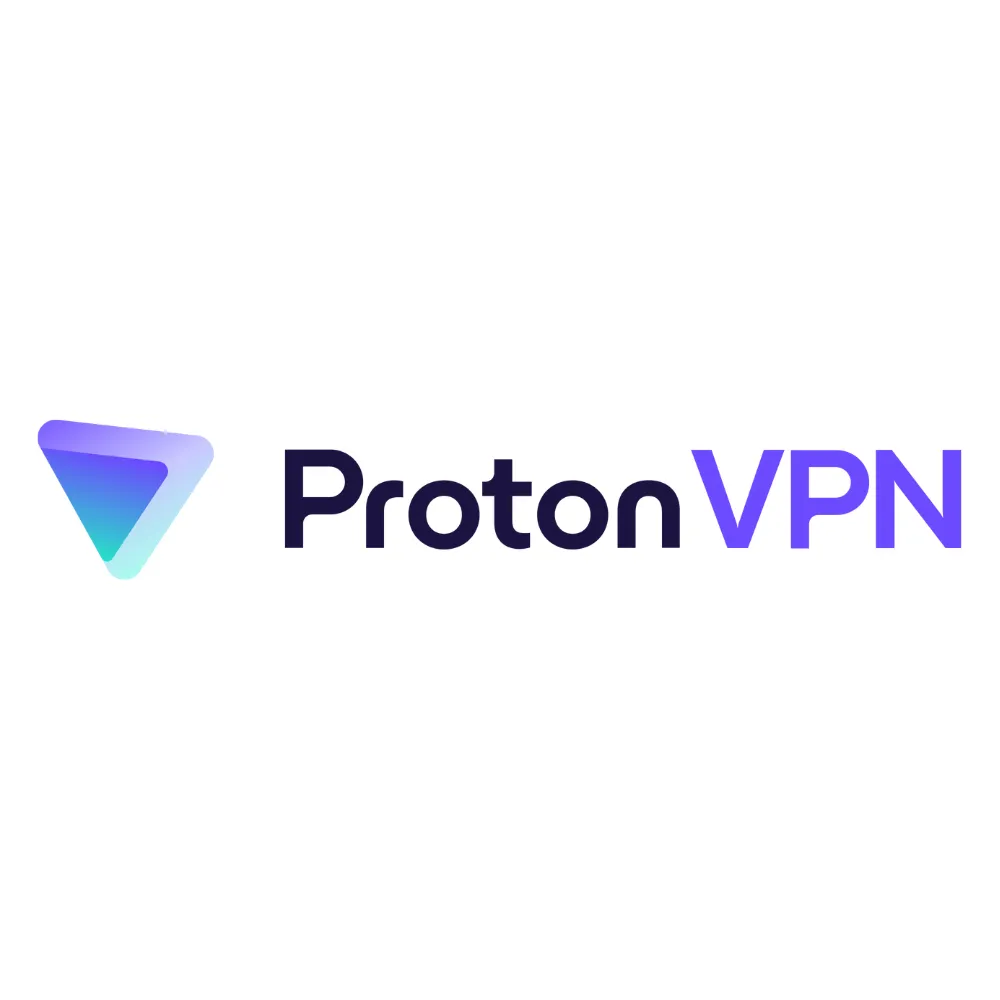PrivateVPN or ProtonVPN? I Tested Both for 30 Days

Introduction
PrivateVPN or ProtonVPN? That's the question I asked myself before diving into a full comparison. I tested both VPN services for 30 days straight — across devices, regions, and daily use cases.
This isn't just another feature breakdown. I personally used each one every single day, comparing how they performed in real-world situations like streaming, privacy protection, speed, and ease of use. If you're trying to decide between PrivateVPN or ProtonVPN, here's everything you need to know — based on my own 30-day test.
Speed and Performance
Let's talk speed. ProtonVPN was consistently faster on long-distance servers — especially from Europe to the US. Webpages loaded faster, streaming buffered less, and upload speeds remained solid.
PrivateVPN was surprisingly good on nearby servers. I got great speeds for local tasks, and it was more stable than I expected given its smaller server network. However, performance dropped when connecting to servers far from my location.
If you're mostly browsing locally or need a VPN for simple tasks, PrivateVPN holds up. But for international use, ProtonVPN had the edge in speed.
Streaming and Geo-Unblocking
Both VPNs claim to unblock popular streaming platforms like Netflix, Hulu, and BBC iPlayer. In practice, ProtonVPN had the upper hand — it worked reliably with Netflix US, UK, and even Japan during my test period.
PrivateVPN did work with Netflix US and Disney+, but I had mixed results with other libraries. Sometimes it required switching servers or refreshing multiple times.
If streaming is your top priority, ProtonVPN delivered a more consistent experience overall.
Privacy and Security
ProtonVPN is based in Switzerland and benefits from strong privacy laws. It also has open-source apps and a no-logs policy that's been audited — a big plus if privacy is your main concern.
PrivateVPN, on the other hand, is based in Sweden — a 14 Eyes country — but it claims to keep no logs either. I found no IP or DNS leaks in my tests, and both VPNs support strong encryption standards like AES-256.
Both services offer a kill switch, DNS leak protection, and secure protocols (OpenVPN, WireGuard, etc.). But ProtonVPN's transparency and jurisdiction give it a slight advantage in this area.
Ease of Use and Interface
ProtonVPN's interface is clean and modern, especially on desktop. The server map is a nice touch, and switching between profiles (e.g., Secure Core, streaming) is simple.
PrivateVPN is more minimalistic — which isn't necessarily bad. It launches fast, connects quickly, and doesn't overwhelm you with features. For beginners, it might even be less intimidating.
Both have mobile apps that worked well in my testing, but ProtonVPN's UI felt more polished overall.
Pricing and Value
PrivateVPN is cheaper — no question. If budget is your main concern, it offers strong value, especially if you lock in a long-term plan. You get solid core features at a competitive price.
ProtonVPN is more expensive, especially with the Plus plan. But it justifies the cost with better speeds, advanced privacy features, and a more refined user experience. It also offers a free plan (with limitations), which PrivateVPN does not.
If you're after maximum value on a tight budget, PrivateVPN is decent. But if you want a more premium, privacy-first VPN, ProtonVPN is worth the extra cost.
My Verdict After 30 Days
After using both VPNs extensively, I'd say ProtonVPN is the stronger all-around service — especially if you care about speed, streaming, and privacy. It just feels more robust, more transparent, and more reliable for everyday use.
That said, PrivateVPN surprised me in a good way. It's light, effective, and much cheaper. For casual use or local browsing, it absolutely gets the job done.
So which one should you choose? If you're looking for top-tier features and international coverage — go with ProtonVPN. But if you're on a budget and need a no-frills VPN that works, PrivateVPN is a solid contender.


